All three are U.S. citizens of Southern Cameroons origin — men who came to America to work, raise families, and give back to the land of their birth. Yet, since late 2022, they have been kept in pre-trial detention under charges that have more to do with politics than with justice.
By Ali Dan Ismael, Editor-in-Chief, The Independentist
In the heart of America’s Midwest, three men — Claude Chi, Lah Nestor Langmi, and Francis Chenyi — sit behind bars, waiting for a trial that never seems to come.
They are known as “The Kansas City 3.”
All three are U.S. citizens of Southern Cameroons origin — men who came to America to work, raise families, and give back to the land of their birth. Yet, since late 2022, they have been kept in pre-trial detention under charges that have more to do with politics than with justice.
The Charges — and the Silence
The U.S. Department of Justice accuses them of sending money to help people caught in the war between Southern Cameroons and the regime in Yaoundé.
Prosecutors allege that the funds went to buy weapons and equipment for Ambazonian fighters.
But their lawyers — and a growing number of observers — say this is a miscarriage of justice. The money, they argue, was used to help displaced families and defend communities under siege from government troops.
And yet, for three years, the government has failed to present clear evidence or even to start the trial.
They remain in jail — without bail, without closure, and without due process.
A Double Standard Hiding in Plain Sight
Here lies the question that should trouble every fair-minded observer:
Why are Americans punished for supporting victims in Cameroon — when others freely send money, weapons, and even volunteers to conflicts in Ukraine and Israel without facing prosecution?
Thousands of U.S. citizens have fought in Ukraine’s army. Millions have donated to Israel’s war effort. None have been charged under the Neutrality Act or anti-terrorism laws.
Yet these three African-born Americans face life-altering charges for helping their people resist oppression.
This is not equal justice.
It is a double standard — a silent message that some lives and some causes are politically convenient, while others are disposable.
The Politics Behind the Prosecution
Observers like L. Todd Wood and Professor Lennox Hinds have long argued that the case of the Kansas City 3 is not about terrorism at all — it’s about foreign policy.
Under President Trump, Washington imposed sanctions on Paul Biya’s regime and cut off military aid after his forces committed atrocities in Southern Cameroons.
Under President Biden, the tone changed. The administration turned away from the Southern Cameroons diaspora and re-opened channels with Yaoundé.
Soon after, these three men were indicted.
Coincidence? Unlikely.
This looks like a diplomatic favor wrapped in a criminal case — a gesture to the Biya regime to show that the United States can silence its critics abroad.
Inside the Courtroom
On October 1, Magistrate Judge Jill A. Morris heard arguments in the case. Observers say she listened carefully, especially to the defense’s argument about the “double standard” in how U.S. law is being applied.
Her decision, expected in December, could determine not just the fate of three men but the credibility of American justice in the eyes of the world.
What a Fair Judge Should See
A fair judge will see that:
These men have waited too long — nearly three years without trial.
The evidence is weak — no proof that their funds were used for terrorism.
Their treatment is unequal — compared to others aiding foreign wars.
Politics hangs over the case — turning justice into diplomacy.
If justice is to mean anything, these men should be granted bail — or the case should be thrown out entirely.
The Bigger Question
The Kansas City 3 are more than a legal case. They are a mirror reflecting how America’s justice system bends when foreign interests whisper.
When citizens support freedom in Ukraine, they are praised as heroes.
When they support freedom in Africa, they are branded as criminals.
That is not democracy. That is discrimination wrapped in the flag of diplomacy.
A Test of American Justice
If Judge Morris chooses fairness over fear, she will send a powerful message — that justice in America is not for sale, not to Yaoundé, not to Washington, and not to the politics of convenience.
Because in the end, justice delayed is not only justice denied — it is justice betrayed.
The world is watching.
Ali Dan Ismael
Editor-in-Chief, The Independentist













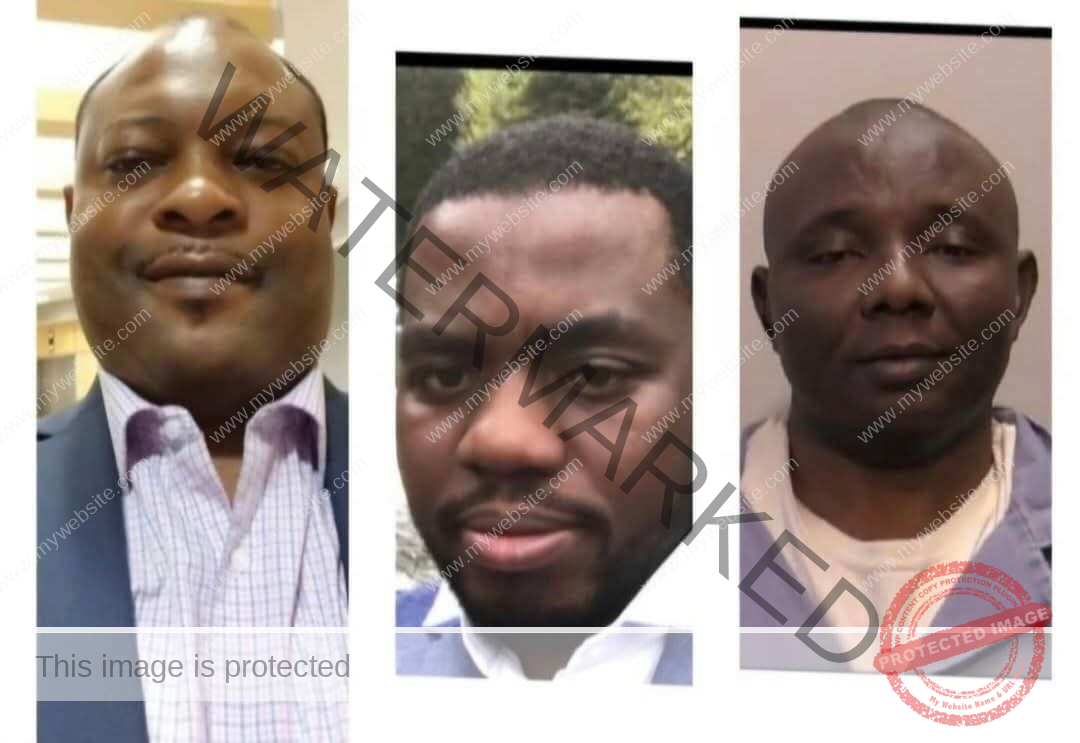
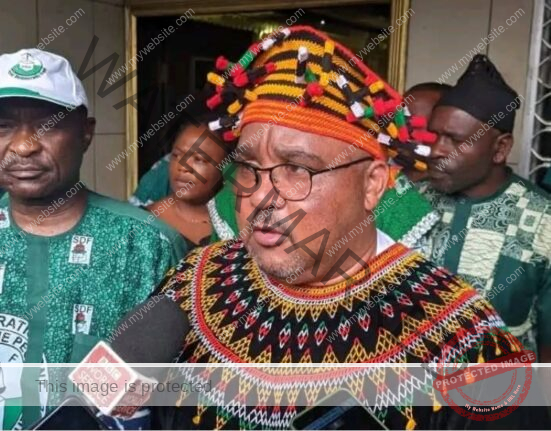
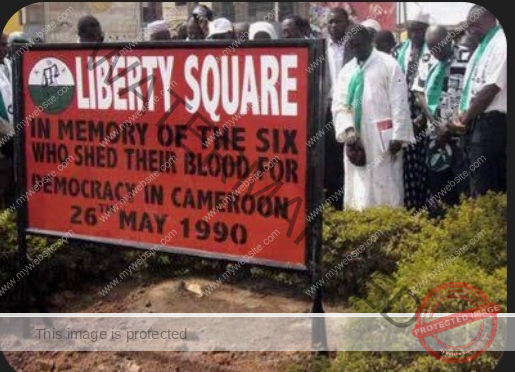
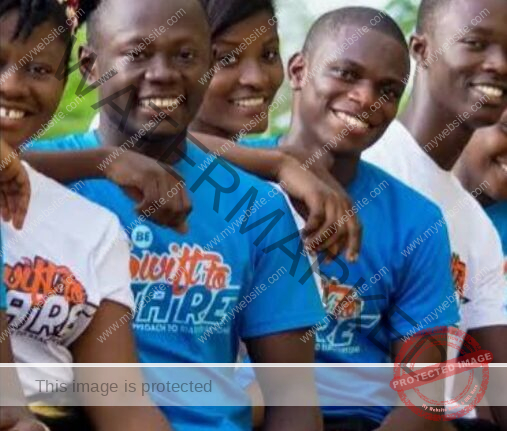

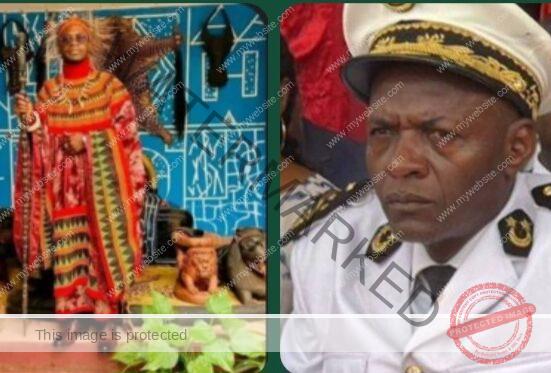
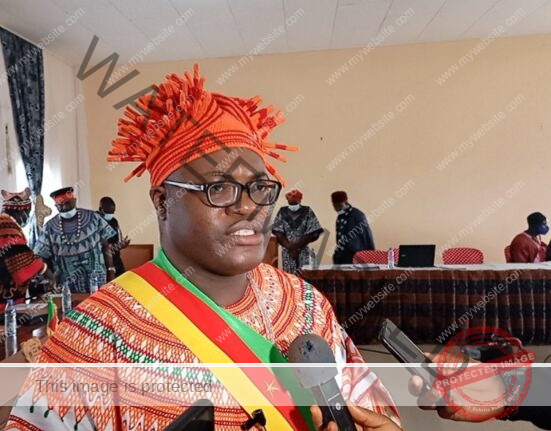

Leave feedback about this